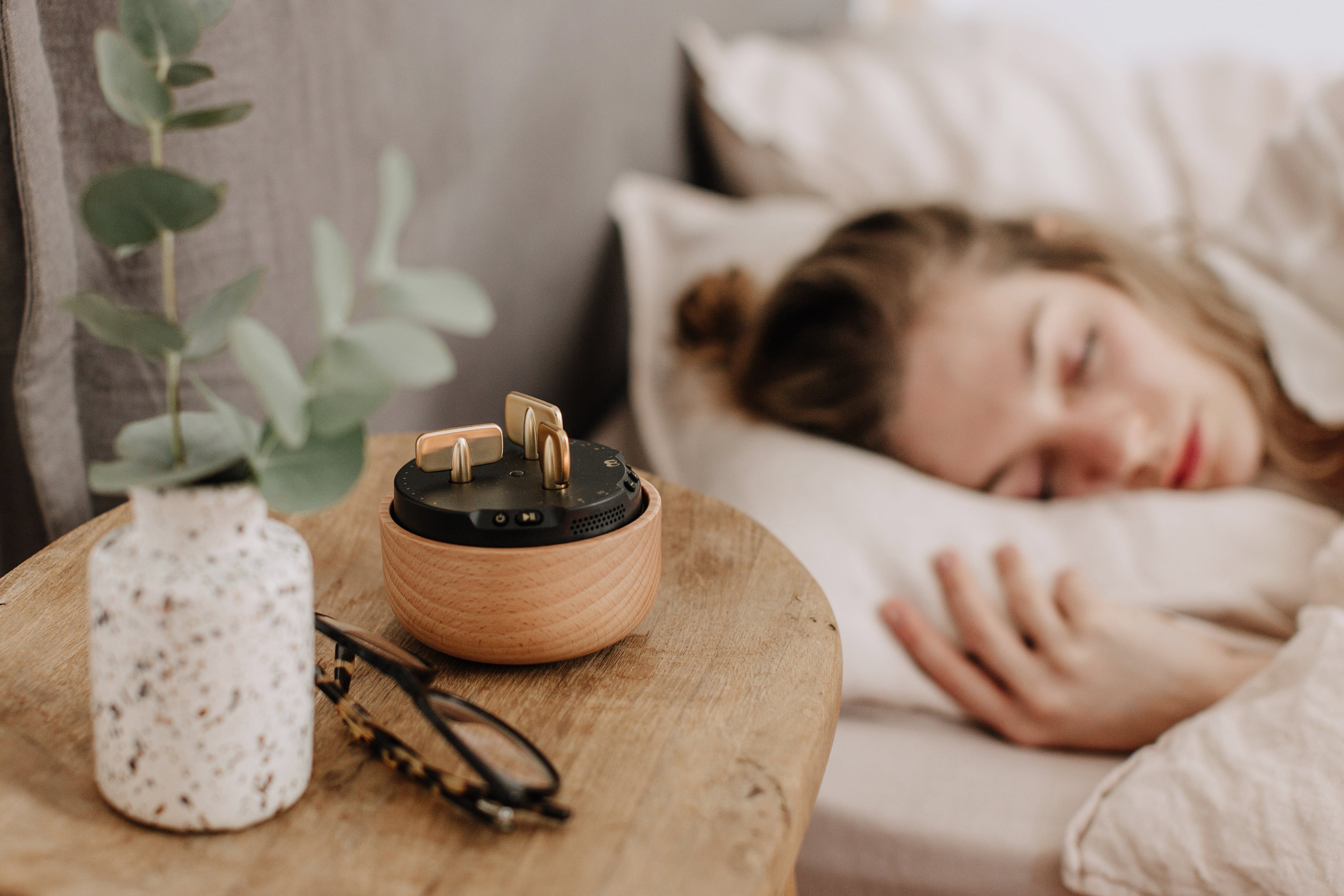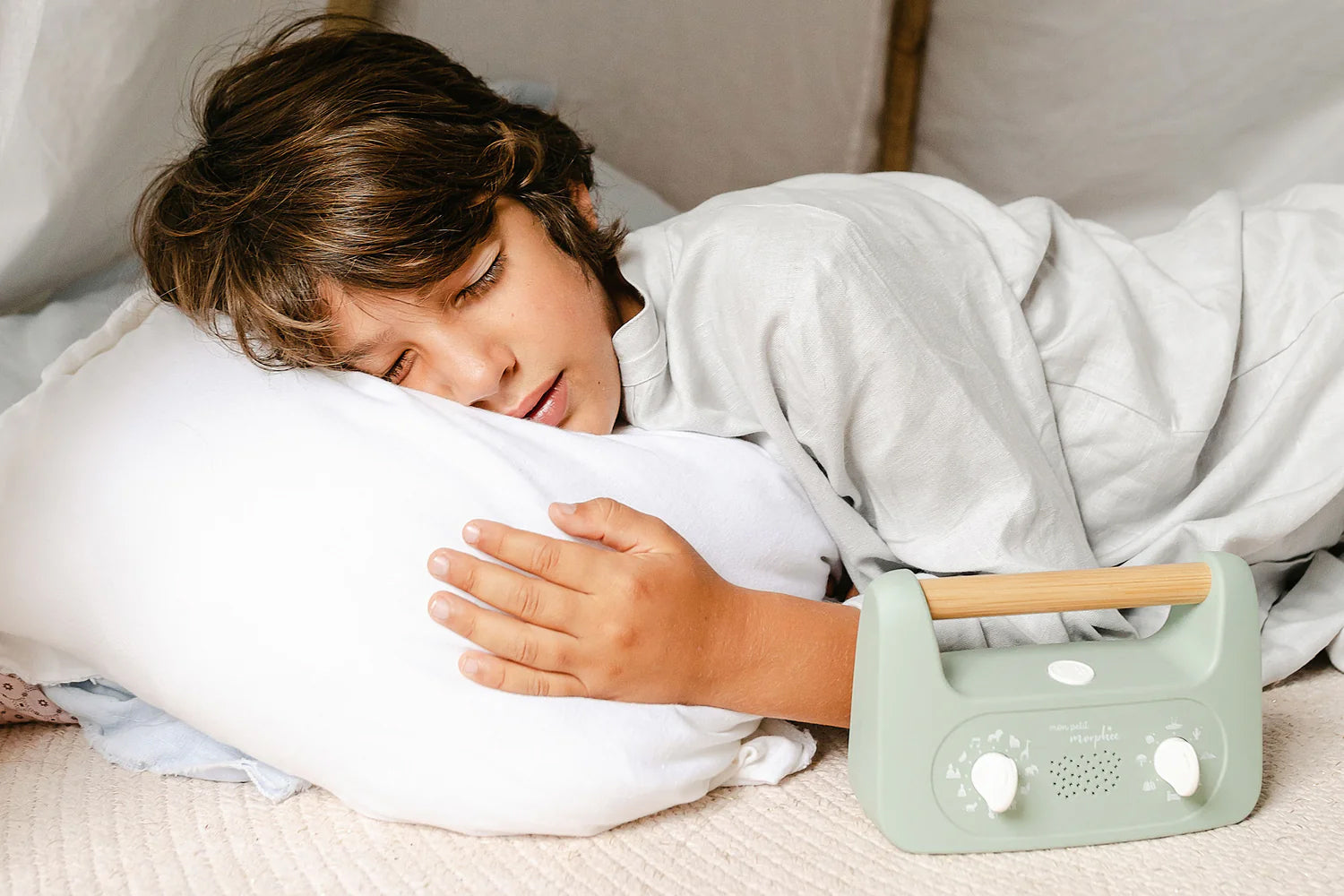Over the last few decades, the demands and responsibilities on women have been steadily increasing. Whether they work full-time, part-time, or are stay-at-home moms, societal pressures have intensified, while family support has often diminished. Many women find themselves without the help of grandparents or extended family, either because they live too far away or are still working themselves.
Modern-day mothers often face the challenge of returning to work shortly after maternity leave [which can’t be construed as ‘leave’ when being at home is often more demanding than being in the office] only to be thrust into a whirlwind of juggling work, children's needs, and the mental load that comes with it. And the rise of work-from-home jobs in recent years has made these challenges even more prevalent.
Interestingly, the American Psychological Association reports that women are more likely than men to experience and report symptoms of stress due to the physical and emotional demands it places on their bodies. This could be because men often cope with stress by disassociating or escaping the source, while women tend to internalise their stress, which can be detrimental to both their physical and mental health. Furthermore, women are less likely to prioritise their mental and physical well-being during trying times.
Hormonal fluctuations during PMT, perimenopause, and menopause can also exacerbate stress, affecting how women respond to stress both physically and emotionally.
Women are also more likely than men to cite family responsibilities and relationships as major stressors in their lives. The mental load of motherhood, the overwhelming sense of responsibility for home life, and the pressure to advance in their careers while maintaining a standard of excellence all contribute to this stress. Research shows that women disproportionately anticipate and manage household needs. In fact, it’s well-documented that in most U.S. families, women handle more household chores than men, even when both partners work full-time. When children are added to the mix, this imbalance often leads to psychological distress.
This isn’t to say that men don’t share the load - many are very hands-on, and decision-making is known to be a shared responsibility. However, women frequently carry more of the mental burden.
How Stress Affects Women's Health
Over time, stress can profoundly impact women’s health. Research and clinical experience have shown that women are disproportionately affected by both acute and chronic stressors. Some common conditions linked to this growing health concern include:
- Depression
- Autoimmunity (alarmingly, women account for about 80% of diagnosed autoimmune conditions such as lupus and arthritis)
- Gut disorders
- Weight gain
- Hormonal imbalances
- Infertility
While most of us know how to reduce our stress, prioritising it often feels overwhelming, or poor mental and emotional health can prevent women from taking care of their overall well-being. This creates a vicious cycle. However, there are many small steps women can take to reduce stress, such as improving nutrition, getting more sleep, and spending time in nature. They’re also much less time-consuming than we often make them out to be.
To support these efforts, tools like the Morphée and Zen can be invaluable. They offer a dedicated opportunity to step away from devices that may be exacerbating your stress and either decompress or drift off into a much-need deep sleep.
As we celebrate Women’s Month, make a promise to yourself to carve out more time for your own well-being by prioritising [a bit of] self-care.

























